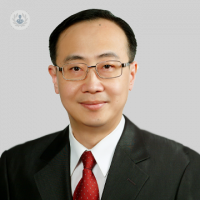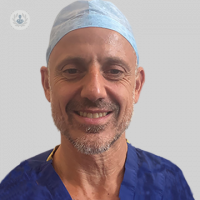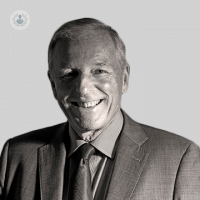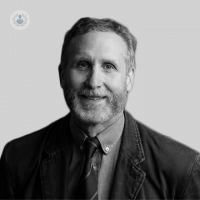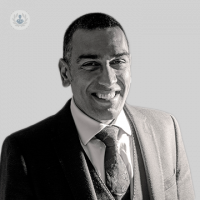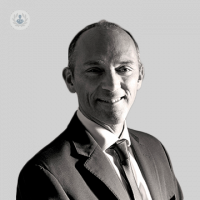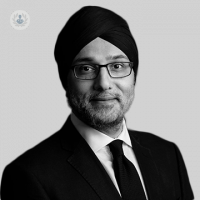What is a neurosurgeon and what does a neurosurgeon do?
A neurosurgeon is a medical specialist who treats and diagnoses conditions and disorders of the central and peripheral nervous system. Neurosurgery is much more than just brain surgery and neurosurgeons also provide non-surgical treatment options. A neurosurgeon may perform spine or brain surgery, but they also may treat congenital anomalies, infections of the nervous system, degenerative diseases and managing injuries to the brain and spine.
Neurosurgeon subspecialties include skull-base surgery, traumatology, spinal surgery,
paediatric neurosurgery, neurovascular surgery, neuro-oncology and functional neurosurgery.
What does a neurosurgeon treat?
Neurosurgeons treat a wide range of problems, including:
- Neck and back pain
- Brain tumours
- Infections of the brain or spinal cord
- Neurovascular disorders (e.g. stroke, aneurysms or brain haemorrhages)
- Peripheral nerve injuries
- Epilepsy
- Trigeminal neuralgia
- Spine surgery
- Radiosurgery
Here is a
neurosurgery procedures list of common surgical interventions carried out by neurosurgeons:
How to become a neurosurgeon:
To become a neurosurgeon you must first complete an undergraduate medical degree (MBBS or equivalent), after which you complete a two-year foundation programme. Foundation training consists of rotations in different specialties, including neurosurgery and after you are eligible to have full registration with the General Medical Council (GMC). Once you have finished foundation training, specialty training is required. To do this you apply for neurosurgical training posts which can take up to eight years in total, however, you can take the MRCS examination two to three years after registration with the GMC.
When to see a neurosurgeon:
It can be advised to see a neurosurgeon if you are experiencing headaches or migraines, balance problems or abnormal pain and numbness. You would also see a neurosurgeon for
traumatic brain injuries, neurovascular disorders, brain tumours and pain conditions (e.g. trigeminal neuralgia).
What to expect when seeing a neurosurgeon:
If you are having an initial consultation with a neurosurgeon, you will have a thorough physical examination, and a medical history will be taken. It may be necessary to have some tests as well, such as an MRI scan, X-ray scans, blood and urine samples and a brain function scan (an EEG).
How can I make an appointment with a neurosurgeon?
It can be overwhelming choosing a neurosurgeon to see, however, Top Doctors provides information on the best neurosurgery hospitals in the UK, with
private neurosurgeons at prestigious centres, such as the
National Hospital for Neurology and Neurosurgery and the
London Neurosurgery Partnership. You can also find the ‘
best neurosurgeon near me’ for your convenience by searching on Top Doctors where we list many
famous neurosurgeons who are internationally renowned for their clinical expertise and academic interests. Many of our specialists contribute to well-known medical publications, such as the British Journal of Neurosurgery.








